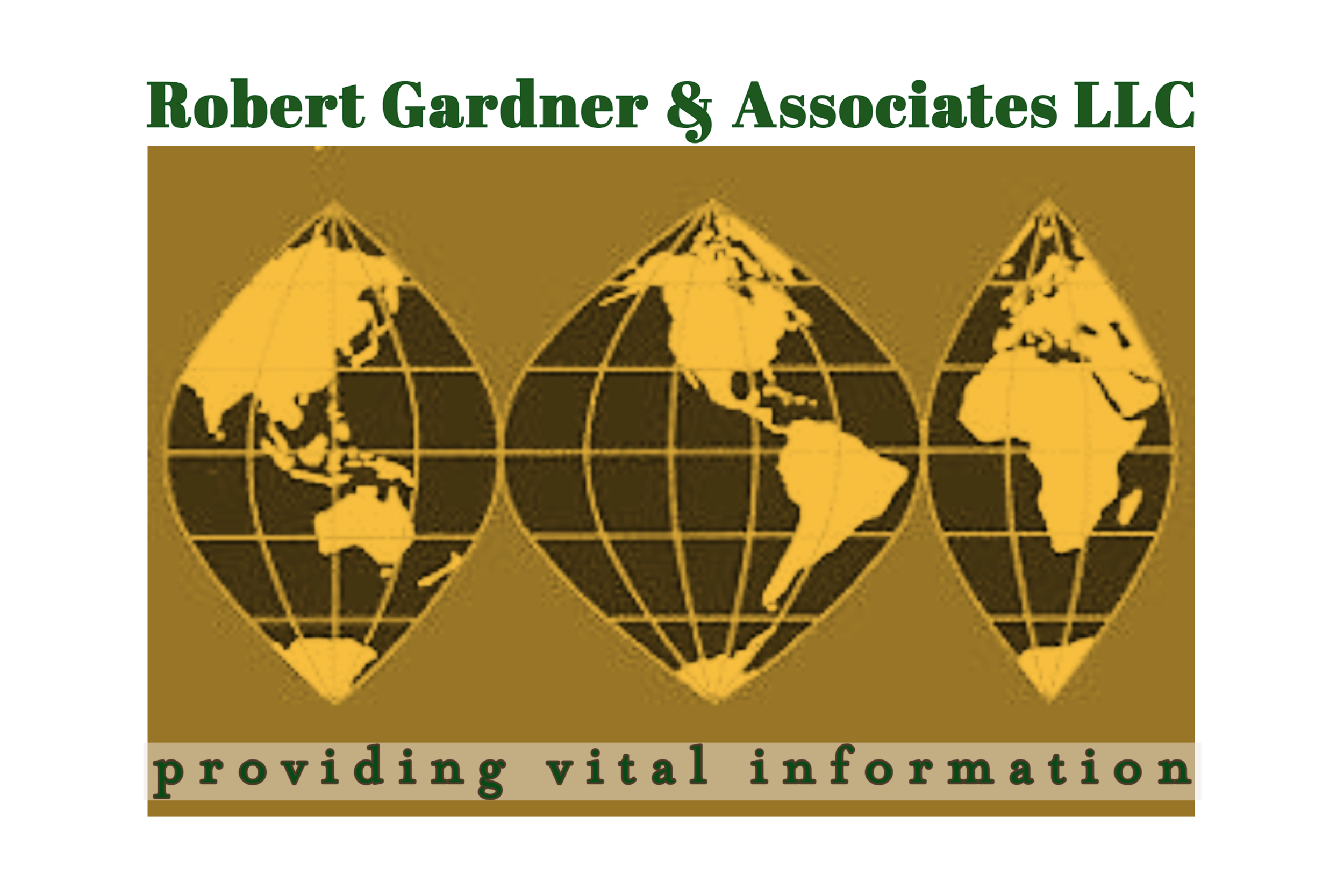Awl You Need?
Why Might I Choose Public Records
When you have an awl, every problem is a hole waiting to happen.
I’ve written these lines or told this story all the time. For some odd reason, my less than handy Father decided that he could fix anything or maneuver anything with his tool of choice, an awl. Why get out the drill when you could press hard enough. It could be a chisel or scrapper. With enough leverage he could even drive screws. Then, I always add, my tool of choice has been public records. The assumption mostly unsaid in these lessons is, public records were all I got.
If you looked through my Dad’s box, the whole story rather falls apart. Like many a man, handy or not, he liked having tools. He did not rely on his awl because he had nothing else. He just liked poking things, or I guess when things were not going well, there was some use in jabbing away with something short and pointy. When I talk about public records, I talk about it from the analogy that a hammer is all I got. A bare tool box. Every nail is a public record.
Recently, I butted in on a LinkedIn conversation asking when do you use public records. At first it seemed an obvious question or an obvious answer. In what situation do you use public records. Any. Then, the person who prompted this conversation, fellow researcher Marcy Phelps, reworked the question. It made me think a little more. “When might you choose.”
Might? Choose? Like I say, my assumption has always been I always choose public records. I’ve detailed many times why I like to use public records, their advantages. In fact, I have an article coming out with some friends from the international consulting firm, Stout, where I detail the advantages of using public records. Still, in this article I do not address why I might choose public records. It’s something worth exploring.
Me, you anyone looking to manage risks or react to unforeseen problems might choose to use public records or “open sources” to collect information to assist in making better decisions. We choose to use public record sources for two reasons. On one hand, we choose public records because they are the only sources available to us. On the other hand, we choose public records because they are the best records available to us.
The world is filled with data, information, stuff.
Your movement, activities, what you say and where you go
Your reputation and other things people know about you
Your trash
Your information collected by businesses on or about you
Your information collected by local and federal government agencies
Your medical records, employment records, school records, and the like
Now, ask, as a researcher, what can I get my hands on, of all that stuff out there, what’s available to me. All that stuff falls into three categories. Materials I am allowed access to; material I may be allowed access to under certain circumstances including a release or a court order (subpoena); and information I am not allowed access to either because it is illegal to gather it—think trespassing, hacking, wiretapping or there are other restrictions on it, think all those groovy government databases they access on shows like Homeland. Public records are just a subset of materials I am allowed to access, but knocking on doors and chatting up bartenders are also things I am allowed to do.
We use public records because we have to. We also use public records when we want to. Again, I got this article about to come out where I explain the advantages of using public records. I do not want to say what I’ve already said what has just has not hit print. Patience. For the sake of this post, I’ll say this. Public records are real, legitimate, verifiable. Why turn to public records. To have a piece of paper. You can stand behind.
I recently submitted a lengthy memorandum discussing someone’s vast financial position. The client in this matter needed this person’s to make good on some very, and I mean very, substantial obligations. To inform their decisions, they wanted to know more about the person and their assets and liabilities. Litigation has not been filed, so we had no access to the gamut of financial documents that would address these questions. Instead, we had to turn to public records, company filings, websites, real estate documents, UCC filings. There was no paucity of public records to use. Which allowed us to put together a pretty good portrait of the person’s financial position. We had to rely on public records, but public record also assured that every claim we made, ever fact we detailed, had a document, a source, back-up for what we were saying. We had to use public records. We wanted to use public records.
It’s been asked, why might one choose public records. We tend to not think often of this question, because we tend to think of public records as all we have, the information at our disposal. We recognize, however, that public records are part of a greater universe of records we might be able to get. We also recognize that we have to use public record because we have no other options. We also choose to use public records because they provide legitimate, reliable information. We use our awl because we like to.

